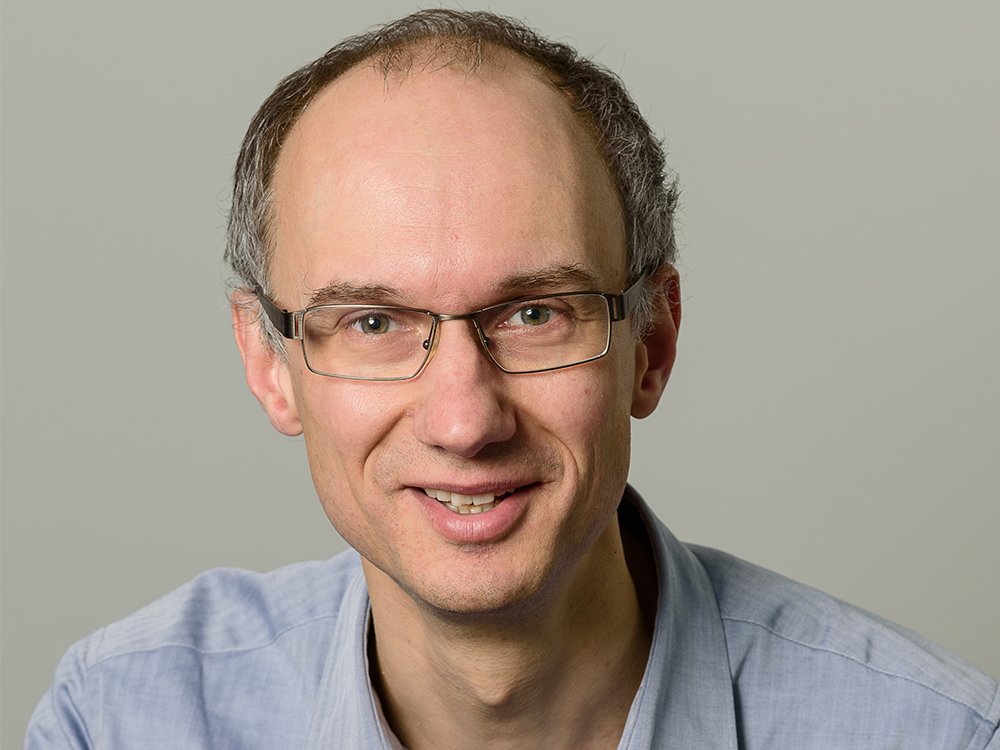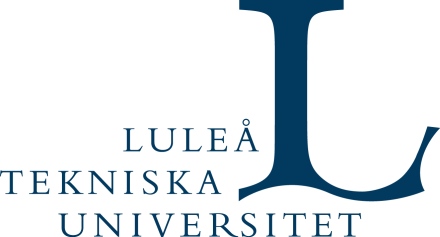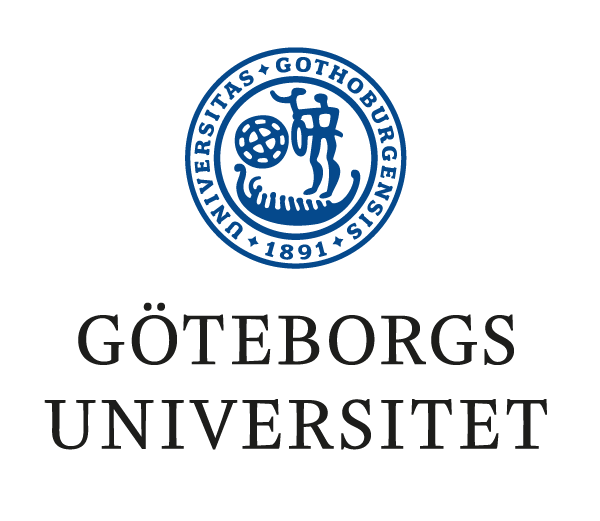Boudewijn de Bruin started to study mathematics in Amsterdam. He added philosophy and spent a year in Berkeley, with its strong tradition in mathematical logic. Back in Amsterdam, he completed his dissertation, with a small stint at Harvard business school. In the process, he found out that his main interest was in applied research.
After his Ph.D. – which focused on game theory, a discipline that studies situations of strategic conflict, cooperation, and collaboration – he found out that one part of the applications in economics game theory also was being used by people in ethics and political theory. This led him to pursue a post-doc in that direction, at the University of Groningen. And he has been there ever since.
When the global financial crisis hit, around 2007/2008, the University of Groningen established a new chair in financial ethics. Boudewijn successfully applied for the position, which allowed him to do more applied research.
His main research interest today is the ethics in finance, in a broad array of topics. He has looked into the causes and ethical problems that led to the financial crises. He has also worked on ethics management and what is called the banker’s oaths.
“That is a very prominent part of the governance in the Netherlands, actually a response to the crises. It rests on the idea that every banker has to swear an oath. I am quite skeptical about that, but I wrote a couple of papers about that topic,” he says.
One of the main themes in his research is how economic actors in finance deal with information. He explains:
“If you talk about ethics and the global economic crises, most people will tell you that it has something to do with the culture of greed, egoism, and completely reckless people. I say: That is a part of the story, but there is also a story of people not doing sufficient and rigorous research. They ignore evidence that they should use in their policy-making and their financial decisions. In the Madoff scandal, which is unrelated to the global financial crises, there were a remarkable amount of whistle-blowers who had quite detailed information about the investment strategies of Madoff. One of the whistle-blowers thought that there was fraud going on, and he tried to argue this, using fairly basic economic theories that we teach at our graduate level. The person brought a document with 24 red flags to the Securities and Exchange Commission in the U.S. But, the people he presents it to didn’t understand it, asked no questions and he is ignored. Had they asked questions to explain him further, or if they had hired people who knows something about financial economics, then they could have found out about Madoff’s Ponzi scheme much earlier.”
During the last 15 years, Boudewijn has also looked at credit rating agencies and worked with various banks and insurance companies.
“What I often see is that people are simply not sufficiently rigorous in the way they process information. They are not critical enough, and this also leads to problems. Of course greed, unethical behavior, and fraud are there. But my main contribution to financial ethics is what a philosopher would call epistemic. It has to do with information. Informational ethics, in a way. And that is also what I am interested in when we talk about sustainable finance.”
He points out some strategies that are being used and exemplifies with the E.U.
“The E.U. raises interesting questions about information. When you look at the legal instruments that the European Commission develop to make sure that people invest in green assets, they involve informational policies. It is about disclosure, reporting, and labeling. It is about providing people with information that they can use to make purchasing decisions. So a lot of this involves assumptions, hypotheses, and theories on how people will adopt information, and what they will be doing with the information. That is something I find extremely interesting. So the question is; can you rely on a consumer reading all these documents and then making an informed choice, or is consumer behavior of a very different kind; more automatic, uninformed, unconscious, or partially informed. That is what I am currently working on.”
How do you go about investigating this, what is your method to move forward?
“That is an interesting question: How do you work? Philosophers often work on their own. They do their thinking. Of course, they talk to others and try to test out their thoughts, but ultimately it is very lonely. At least, you are the sole author of your work. I have started to deviate a little from this format. I now collaborate more with people in philosophy-ethics, but also with economists, people from law, and psychologists. Sometimes it results in joint publications, but more often with an idea that leads to new insights and also new directions.”
“If you had asked me ten years ago, I’d told you that I use a typical theory in philosophy, to which I have contributed more fundamental work. I read economics, sociology, and psychology research on the global financial crisis and I wrote my book. That is basically how I approached the question methodologically right after the global financial crisis. But right now, I take my inspiration from the proposed policy measures that come from Brussels, Washington, or other quarters. I look at these proposals and analyze them more from a legal point of view. I think that law has become more important for business ethicists in general. And also for financial ethics. An example of this is the E.U. taxonomy, which is an enormous legal instrument to characterize certain activities as sustainable, and then use that to make E.U. citizens invest in these sustainable activities.”
He reads a lot about how this policy is developed, what the motivations are, and what other scholars write about it.
“With my expertise in epistemic/informational questions in philosophy, I try to make my contribution, which often is focused on questions on how people form beliefs and how they motivate their actions. So I think the philosopher is someone who takes a slightly more abstract question. In a sense, a philosopher is always a generalist, and looks at a particular phenomenon but also thinks “Ok, we have a human agent that performs certain actions. Why is he or she doing this?” Well, this will probably depend on maybe desires or beliefs the person has, but often the action is something that happens quite unconsciously, automatically, so we have to make distinctions here. With these tools and theories at hand, I look at policies and the secondary literature, and I develop my view, which is more and more applied in the sense that I try to show where certain regulations go in the wrong direction or make certain assumptions that are unwarranted or unrealistic. I also try to suggest alternative routes. So I think my task is to take a perspective a little bit further away and to stimulate discussions about these issues. What you often see in sustainable finance is that people are very much committed to the idea, that this is something valuable. Then it comes very natural that you need to develop an E.U. taxonomy. But what I do is zoom out, and say that maybe we must be more careful and think about what we want to do here. I think the philosopher is well-placed to do that. The law is often a starting point because it is the law that is being used to describe policies.”
Do you also look at what is happening within the U.S. and sustainable finance?
“I look at the U.S. but I know less about U.S. policy than E.U. policy. I read U.S. academic literature because you can find extremely interesting interdisciplinary contributions from people who write about legal, psychological, and economical issues. I use it as an impulse. Environmental regulation, in a sense, is something that started earlier in the U.S. than in Europe. You have people suing governments and companies in courts because of environmental issues, that is something that happened earlier in the U.S. Maybe also because the protection that the government is giving to the environment is maybe less intense than in Europe.”
At the moment, he is reading a book about the climate emergency written by a Canadian legal scholar, well-read in political theory and also parts of philosophy.
“I find it extremely interesting. I think that interdisciplinary research is a type of research that is a little bit missing in the European context. It helps me a lot to understand the broader context in which we develop sustainability regulations. So it is more a source of inspiration than something that I actively study.”
And now you are a guest professor at the SFL. How did it start?
“Yes, Joakim asked me to join Gothenburg University and I couldn’t resist this at all. He has a very nice group of people together and he links his research to several wonderful institutions in Sweden. I think that Sweden is extremely open-minded and interdisciplinary, in the way it approaches questions of sustainability and also sustainable finance. We have a sustainable finance lab in the Netherlands but to some extent, it has a certain ideological orientation. Whereas I think that it is much more fruitful to think about sustainable finance from a more distant or at least apolitical point of view. To bring people together and to work on a certain topic, is what I find extremely attractive about Swedish academic culture. In this particular area, there is a much greater degree of interdisciplinary opportunities for me than in the Netherlands. Joakim’s group is a wonderful place to interact with.”
One of your latest papers included philosophical terms, such as epistemic injustice, testimonial injustice, and epistemic self-confidence. You write that: “Racial disparity in financial services is generally considered to be discriminatory (and therefore illegal). The standard view among most regulators is that gender disparity is not discriminatory, though.” Can you explain this further?
“The literature on epistemic justice started around 2007 and later moved into the medical sciences. Since my interest is in the financial service industry, I started to look at a number of phenomena through the lens of epistemic injustice. If I am a bank and you apply for a loan, I need information from you to make sure that I don’t lend money to a person who will never be able to pay it back. If you believe the literature on epistemic injustice or testimonial injustice, you will have to believe that this may be an interaction in which I may downgrade your credibility because of certain prejudices. That is where empirical research has to enter. So I think that the philosopher may want to develop this more conceptually. I also think it is interesting to look at empirical research that shows whether that is the case, or not. It may be the case that epistemic injustice doesn’t happen in finance. But I found evidence that it does. There is not a lot of research that people carry out on this particular topic, so we always have to be careful. I interpret the evidence, and indeed, the credibility of particularly disadvantaged groups – women, and black people in the U.S. – are discredited. You can see this because of the interest rates that they have to pay. I also gave other examples in the paper, other types of discrimination that have been going on in finance, such as marketing strategies. This is not a very surprising phenomenon. If you look at the psychology of prejudice, this is not unusual.”
So this is a call for more empirical work in this area?
“Yes, it is certainly true that more research has to be carried out here.”
Text: Magnus Atterfors






